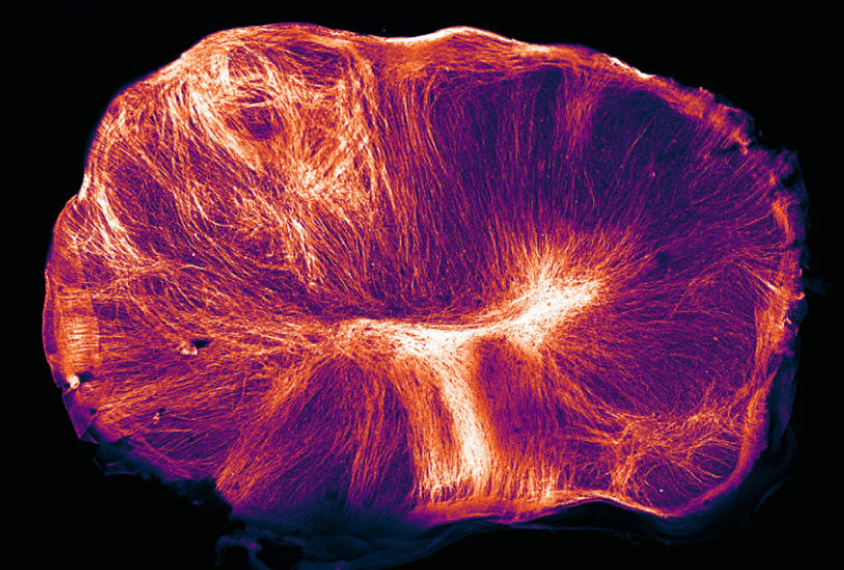2019: Year in review
Recent articles
Five hot topics in autism research in 2019
This year’s hot topics in autism research center around brain organoids, heart rate, the gut microbiome, treatment timing and early detection.

Five hot topics in autism research in 2019
This year’s hot topics in autism research center around brain organoids, heart rate, the gut microbiome, treatment timing and early detection.
In case you missed them: Spectrum’s standout stories from 2019
Here are seven Spectrum stories from this year that deserve a close look.

In case you missed them: Spectrum’s standout stories from 2019
Here are seven Spectrum stories from this year that deserve a close look.
Photographer captures intimate scenes of daily life with autism
An award-winning photography series offers a close look at one autistic person coming of age in New York City.

Photographer captures intimate scenes of daily life with autism
An award-winning photography series offers a close look at one autistic person coming of age in New York City.
Notable papers in autism research in 2019
This year’s top papers deepen our understanding of autism’s genetics and reveal mixed results from trials of autism therapies.

Notable papers in autism research in 2019
This year’s top papers deepen our understanding of autism’s genetics and reveal mixed results from trials of autism therapies.
Explore more from The Transmitter
Xiao-Jing Wang outlines the future of theoretical neuroscience
Wang discusses why he decided the time was right for a new theoretical neuroscience textbook and how bifurcation is a key missing concept in neuroscience explanations.
Xiao-Jing Wang outlines the future of theoretical neuroscience
Wang discusses why he decided the time was right for a new theoretical neuroscience textbook and how bifurcation is a key missing concept in neuroscience explanations.
Memory study sparks debate over statistical methods
Critics of a 2024 Nature paper suggest the authors failed to address the risk of false-positive findings. The authors argue more rigorous methods can result in missed leads.

Memory study sparks debate over statistical methods
Critics of a 2024 Nature paper suggest the authors failed to address the risk of false-positive findings. The authors argue more rigorous methods can result in missed leads.
Attention not necessary for visual awareness, large study suggests
People can perceive some visual information even if they do not pay direct attention to it.

Attention not necessary for visual awareness, large study suggests
People can perceive some visual information even if they do not pay direct attention to it.